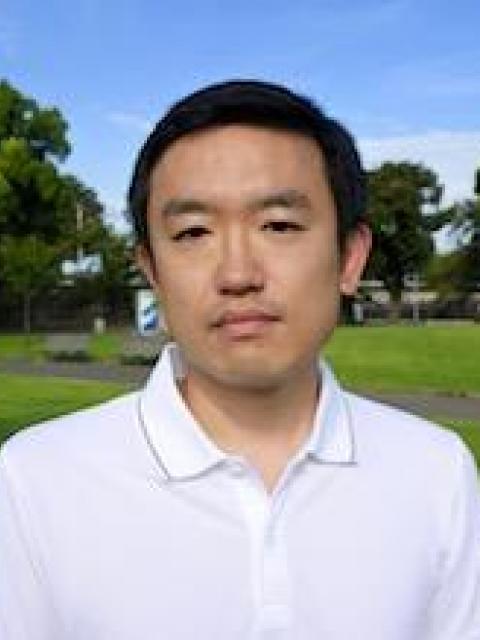How do we propose the most ethical yet legitimate ways for centuries-long traditions, heritages, and artisanship that require a great deal of nonhuman exploitation to continue existing in the future? This presentation tackles the problem of ontological struggles between the human and the nonhuman, the animate and the inanimate, the living and the dead, with a study of the practice, politics, and ethics that surround the making of a traditional Japanese musical instrument called the shamisen. All the materials that make up the shamisen are imported from other countries. The material condition and existential possibility of the shamisen have perpetually been shaped by the workings of global capitalism and biopolitical power across time. Revealing the darker side of the development of Japanese traditional music as part of the global history of extractive capitalism, it calls for a new ethical stance in order to recraft modes of living with both various nonhuman species and traditional cultural artifacts in an age of ecological crisis.
Bio: Keisuke Yamada (Ph.D. University of Pennsylvania, 2020) is a Japan Studies postdoctoral fellow at the Asian Studies Center, University of Pittsburgh. He is the author of Supercell Featuring Hatsune Miku (Bloomsbury Academic, 2017). His other peer-reviewed work has appeared in Asian Music, Ethnomusicology Forum, Japan Forum, Japanese Studies, and The Oxford Handbook of Economic Ethnomusicology. His doctoral dissertation, “Ecologies of Instrumentality: The Politics and Practice of Sustainable Shamisen Making,” won the 2021 Northeastern Association of Graduate Schools Doctoral Dissertation Award. He has been working on a book tentatively entitled The Political Ecology of Sound: Noise, Music, and Silencing in Global Capitalism, which explores in the intersections between global political economy, environmental history, and sound studies.
To register: click here


